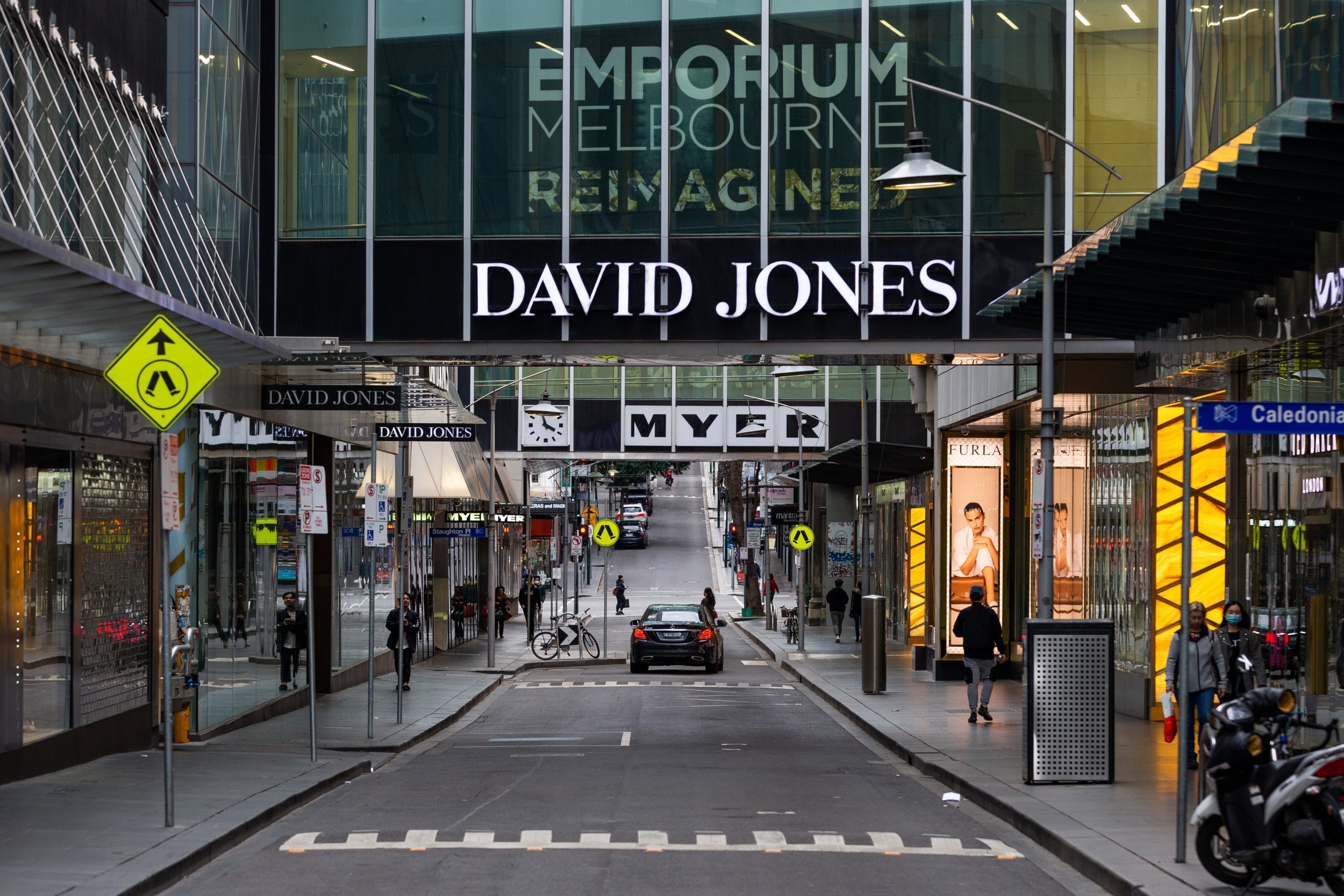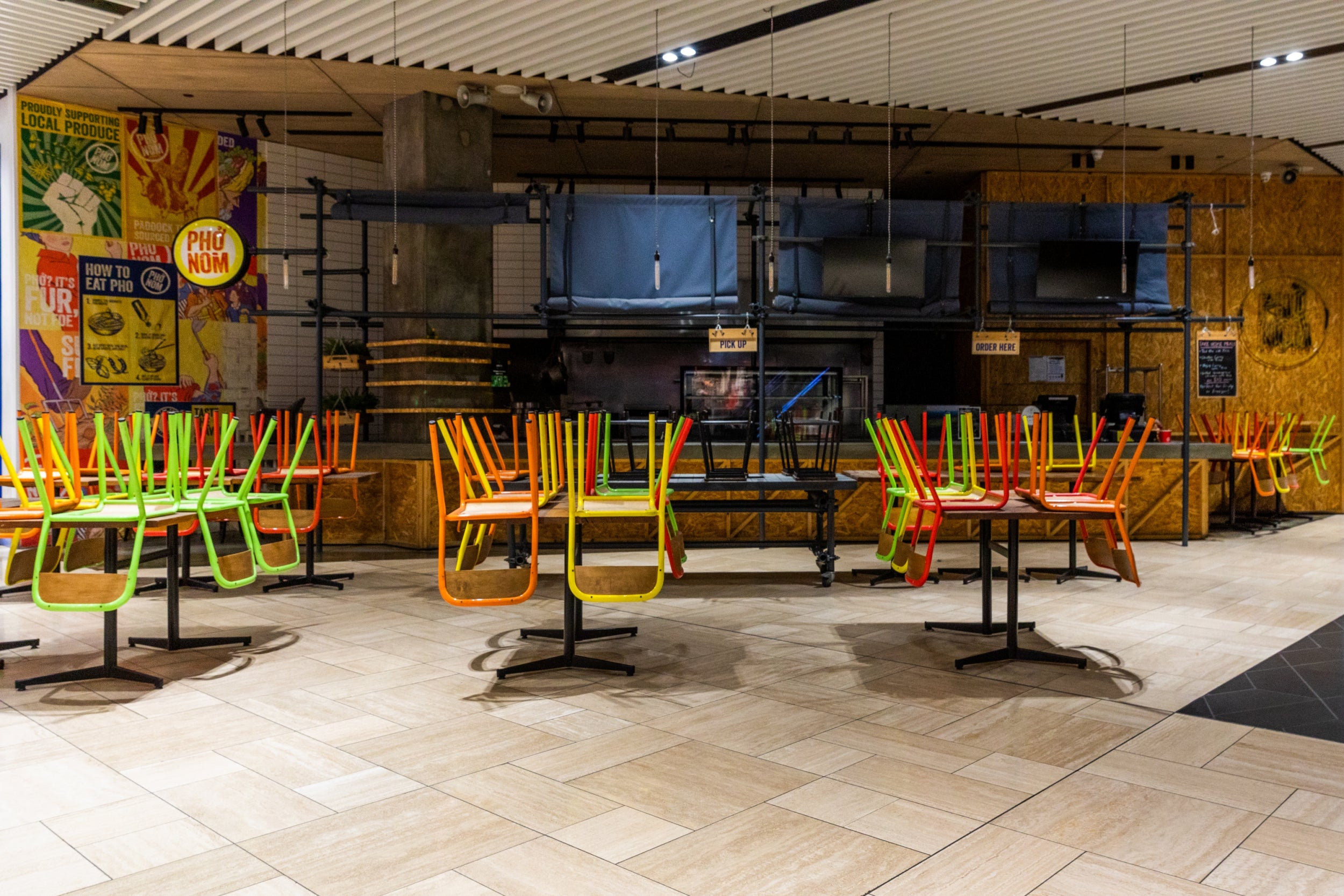Australia bragged it was leading the world in its coronavirus response. What went wrong?
Medical experts admit they were surprised by the recent outbreak, but insist Australia has still fared far better than most other countries, as Gary Nunn reports


Your support helps us to tell the story
From reproductive rights to climate change to Big Tech, The Independent is on the ground when the story is developing. Whether it's investigating the financials of Elon Musk's pro-Trump PAC or producing our latest documentary, 'The A Word', which shines a light on the American women fighting for reproductive rights, we know how important it is to parse out the facts from the messaging.
At such a critical moment in US history, we need reporters on the ground. Your donation allows us to keep sending journalists to speak to both sides of the story.
The Independent is trusted by Americans across the entire political spectrum. And unlike many other quality news outlets, we choose not to lock Americans out of our reporting and analysis with paywalls. We believe quality journalism should be available to everyone, paid for by those who can afford it.
Your support makes all the difference.Millions of Australians are in lockdown once again, as state officials grapple with a significant cluster of new Covid-19 infections that has blindsided medical experts.
For residents who were enjoying restrictions easing, it’s crushingly frustrating news.
Yet some say it was inevitable – citing factors such as high-density city tower blocks, difficulty in physical distancing, the need for more to download the government’s contact tracing app, and non-adherence to essential prevention measures.
The outbreak is happening in the country’s second largest city, Melbourne, in its second largest state, Victoria. From midnight on Wednesday, all of Metropolitan Melbourne and Mitchell Shire areas – almost 5 million people – were locked down again for six weeks, with only four valid reasons to leave their homes: essential shopping, care-giving, exercise and essential work or study.
Australia’s biggest border – between New South Wales and Victoria – is now closed. Other states such as Queensland are now closing their border to Victoria’s residents.
It’s a far cry from April, when epidemiologist Professor John Mathews told The Independent: “Australia has every right to hold its head up and say we’ve done well ... My reckoning is we’ll come out in pretty good shape.”
Victoria on Thursday recorded 165 new coronavirus cases in a single day, putting it in a much worse situation than in March. It’s still worth remembering that total coronavirus fatalities remain low: 106 deaths in Australia offers a stark comparison to 44,602 deaths in the UK.
Whether the recent rise constitutes Australia’s second wave is up for debate, with the WHO insisting the world is still in the middle of the first.
But it has shocked Professor Paul Glasziou: “I must admit, I thought we’d only get small spikes and we pretty much had things under control,” the professor of evidence-based practice at Bond University tells The Independent. “I never thought it’d be this size. Everyone’s pretty spooked by the scale of it. It’s very serious.”
Concerns are also being raised because Victoria is now witnessing community transmission, rather than from overseas return travellers.

It’s somewhat ironic it has happened in Victoria – one of the most draconian Australian states in terms of lockdown laws and the last major state to ease restrictions.
It started in Melbourne’s quarantine hotels. Each Australian state manages them differently; Victoria’s state government contracted a private security firm.
Reports emerged of quarantine security guards having sex with guests, wearing the same personal protective equipment all day and appearing nonchalant about guests room-hopping.
For Dr Rob Grenfell, director of health and biosecurity at CSIRO – an Australian federal agency responsible for scientific research – this is slightly unfair scapegoating: “There’s no sense in individual naming and shaming,” he says. “They do need intensive training in how serious this all is. But the bottom line is – and I might sound fatalistic here – this is a highly infectious disease. This is what happens.”
The hotel quarantine leakage, which slipped under the radar, then became community leakage.
Infections in Melbourne’s highrise city towers have started taking off. Some have called them “vertical cruise ships” due to their density, uncleanliness (lack of hand sanitiser was cited in public housing lift entrances), difficulty physical distancing (eg in lifts) and the jobs of many people living inside.
Victoria’s decentralised state health system means its chief medical officer has less power than in other states, so individual health departments decide whether to accept the advice they’re given.
Complacency may also play a role according to Prof Glasziou: “Lots were failing to get tested when they had symptoms. It breaks the essential find to test to trace to isolate strategy.”
Epidemiologist Raina Macintyre told the ABC news channel that if 80 per cent of people had downloaded the government’s contact tracing app, “we might not be seeing the return to lockdown measures happening now”.

But these are all micro-reasons when a more universal macro-reason for the surge in infections is potentially responsible, one that could play out in any Australian state, says Prof Grenfell: “In America it seems everyone knows someone who has died. This is real. It’s not real for us with our low death toll. Certainly if you’re young. It’s the balance of conveying the seriousness of the situation with showing some empathy with what you’ve lost.”
Being the father of a 21-year-old, he can understand the frustration: “These are supposed to be the best years of your life,” he says.
Yet medical professionals insist that Australia could still authentically claim to be a world leader in its response.
“Compared to Trump’s America, Australia has done well,” says Stephen Leeder, professor of public health at the University of Sydney. “The UK’s political leadership doesn’t appear from outside to have been totally robust or on the ball.”
“Look at cities overseas like NYC,” says Prof Glasziou, “they’ve come back from much worse situations than this to more manageable levels.”
Prof Grenfell agrees Australia hasn’t squandered its progress. “I’d be bold to say we’re still there with the cluster of countries that have responded to this very strongly and effectively,” he says, citing Seoul as a city which experienced a worrying second cluster as its nightclubs reopened. “With alcohol consumed in close confines, people aren’t going to adhere to social distancing. I’m horrified the UK is opening its pubs/clubs.”
In America it seems everyone knows someone who has died. This is real. It’s not real for us with our low death toll
Lessons to learn from Victoria’s outbreak include finding new, creative ways of integrating pre-existing measures. “A Parisian cafe put teddies on every second chair!” Prof Glasziou says.
And then introducing new ones – Melbournians may need to wear masks, especially on its famed trams and other public transport. The WHO released updated guidelines on 5 June acknowledging masks can reduce transmission when physical distancing can’t be maintained or in places of high prevalence.
Australian epidemiologists are on board, saying masks, whilst no panacea, could help cities like Melbourne when handled correctly, fitted well and disposed of properly.
Other strategies, such as sewage testing, are being piloted as experts warn outbreaks are now likely to occur in other states.
“We’re still at risk of this happening again and again and again,” Prof Grenfell warns, “until a vaccine.”
Join our commenting forum
Join thought-provoking conversations, follow other Independent readers and see their replies
Comments